Health Ministry: NCD emergencies spike during pandemic

Consultant endocrinologist at the South West Regional Health Authority Dr Joel Teelucksingh said there has been a spike in admissions to emergency departments for chronic conditions (non-communicable diseases, or NCDs) since the beginning of the covid19 pandemic.
Speaking at Wednesday’s health ministry media briefing, he said this may have been due to people being reluctant to go to their regular clinics or get treatment before the problem became acute, because they were afraid of being exposed to the covid19 virus.
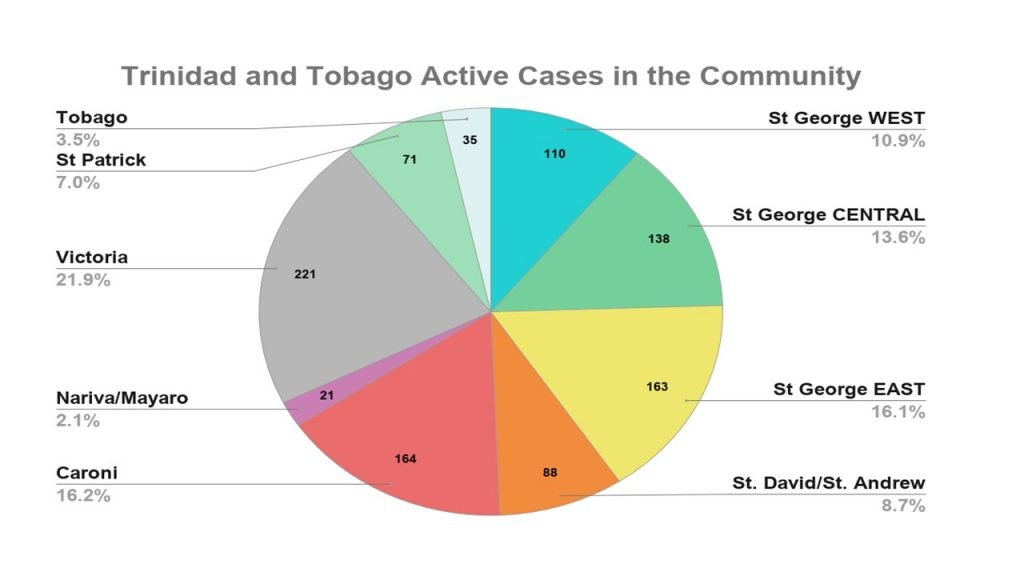
“There was certainly not just an increased risk of admissions to health centres with these problems, but also a spike in admissions to emergency departments of uncontrolled chronic problems, like high blood sugars, high blood pressures, and even some of the potentially life-threatening problems like strokes and heart attacks.
"Whether or not it is an increased incidence of a sedentary lifestyle, whether it was due to something more like stressors impacting the physical body and/or a poor diet or not using medications, that would be certainly increasing one’s risk for admission to hospital.”
He said during the lockdown, many people were afraid to go to hospitals to manage their conditions, developed poor food habits and sedentary lifestyles, and did not exercise for the recommended 30 minutes a day.
He said this was true worldwide, as a World Health Organization survey said many countries have had partially/completed disrupted services for hypertension treatment, diabetes and diabetes-related complications, cancer treatment, and cardiovascular emergencies, with more than 50 per cent of countries reporting postponement of public screening programmes, such as those for breast and cervical cancer.
Teelucksingh said it had been found in some countries that men had almost double the chance of contracting the virus, and it was speculated that the X chromosome offered protection against the coronavirus. (Women have XX chromosomes and men have XY chromosomes.)
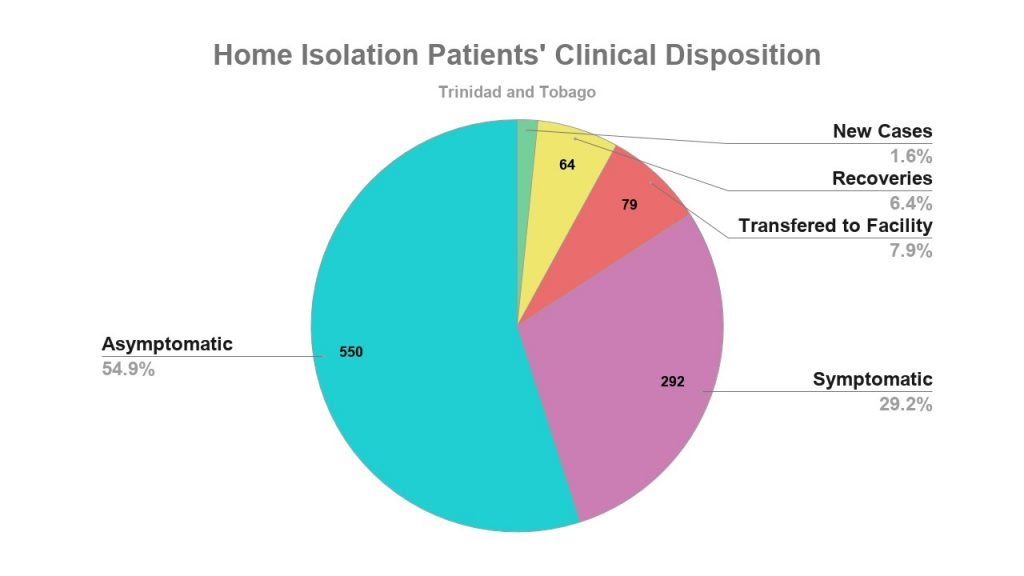 CMO Dr Roshan Parasram said the high number of cases among people with comorbidities, who would be expected to take greater precautions against catching the disease, could be attributed to the large percentage of people with comorbidities among the population.
CMO Dr Roshan Parasram said the high number of cases among people with comorbidities, who would be expected to take greater precautions against catching the disease, could be attributed to the large percentage of people with comorbidities among the population.
“In TT, according to the last data set I have, roughly 17 per cent of the population roughly has diabetes, 23 per cent have hypertension, 17 per cent cancers and roughly nine per cent have CVAs (cerebro-vascular accidents), which is a fairly large group of people.
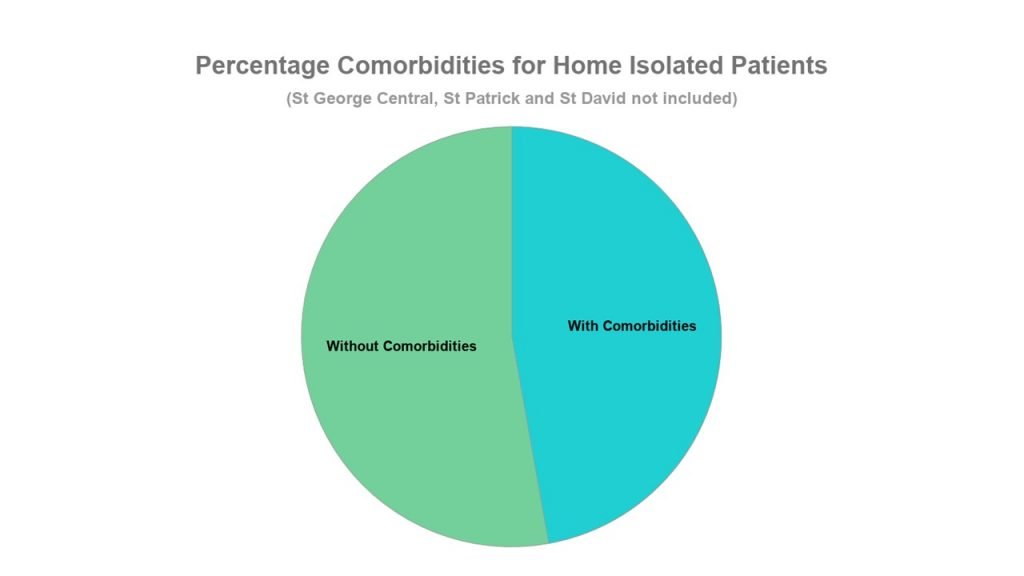 "When you add all of them together, there’s a lot of co-relation with people having diabetes and hypertension at the same time. So if you have a population with that large burden of diabetes or hypertension, whatever it may be, as a comorbid base of course based on the infection that you get, it may be extremely difficult to isolate these people completely as a separate group. Hence the reason, I believe, we have infections in those groups.”
"When you add all of them together, there’s a lot of co-relation with people having diabetes and hypertension at the same time. So if you have a population with that large burden of diabetes or hypertension, whatever it may be, as a comorbid base of course based on the infection that you get, it may be extremely difficult to isolate these people completely as a separate group. Hence the reason, I believe, we have infections in those groups.”
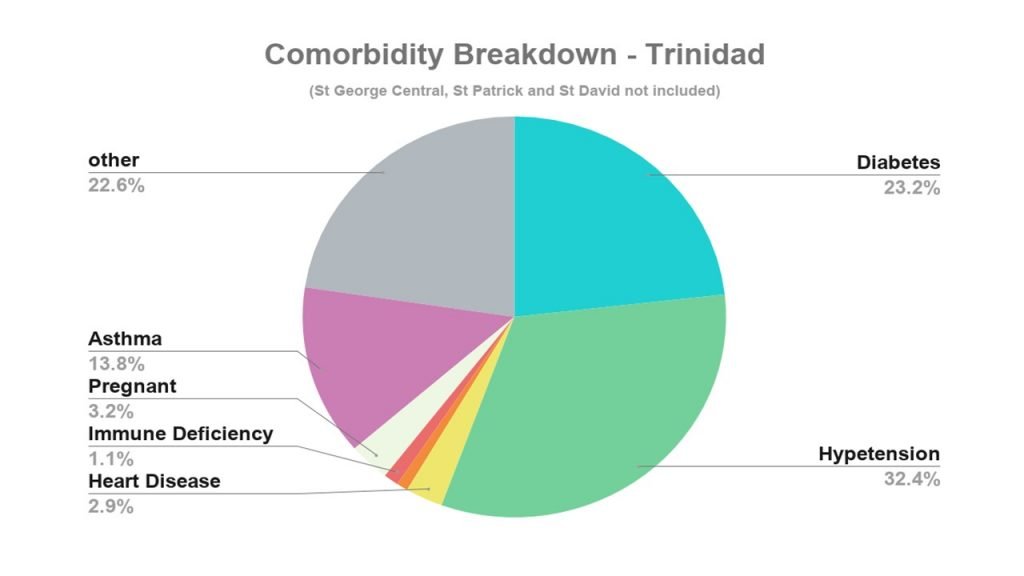
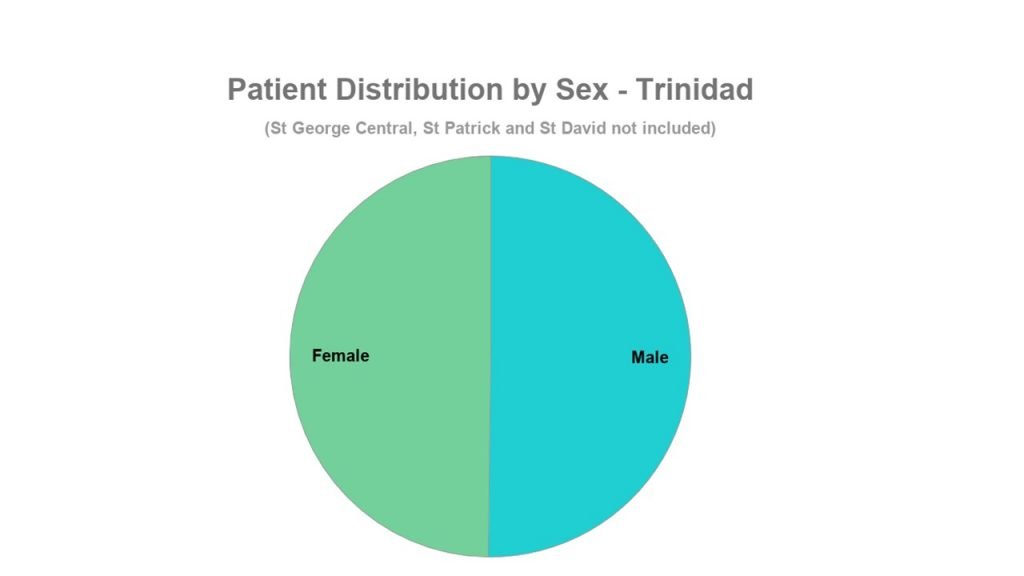
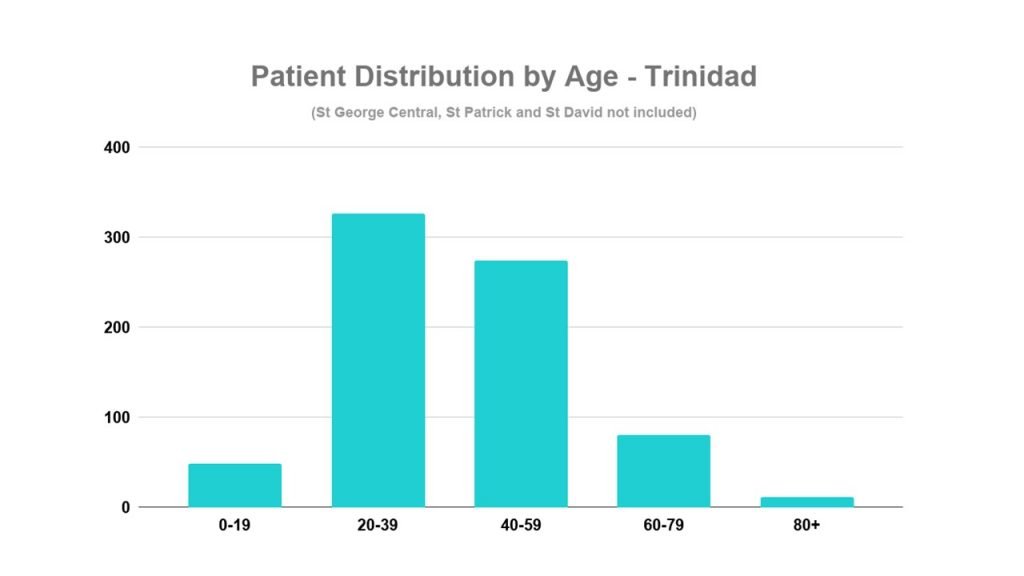
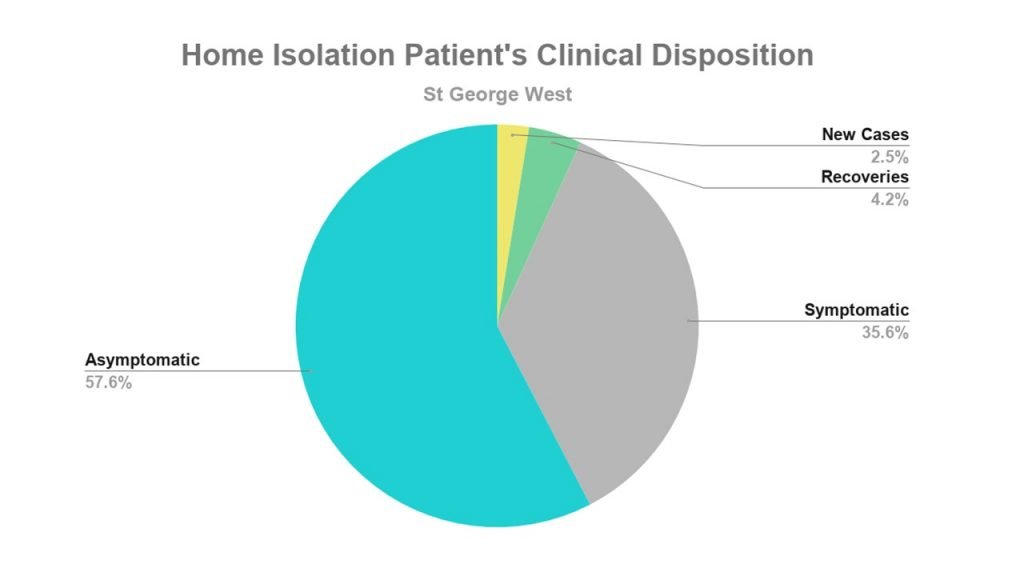

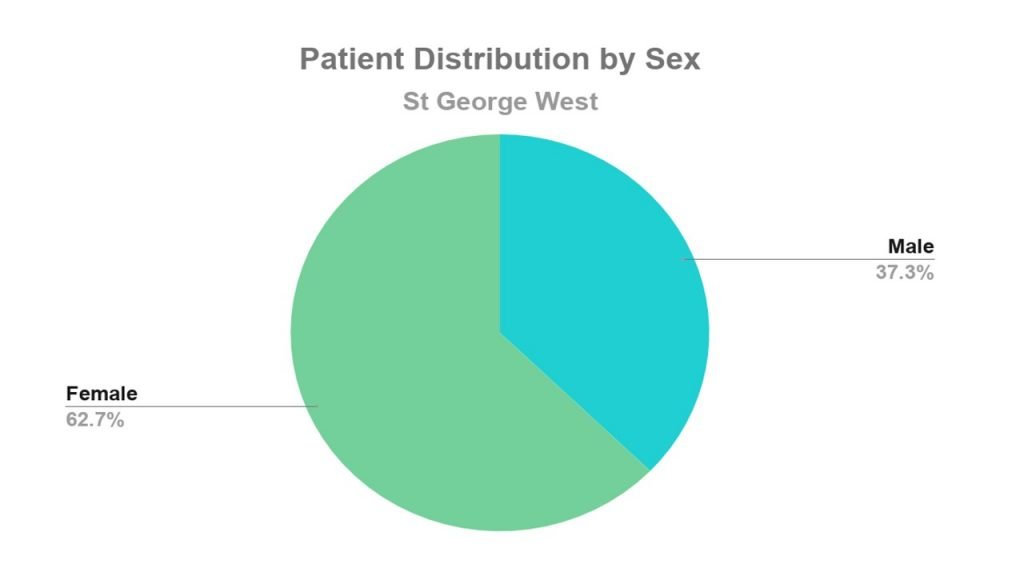
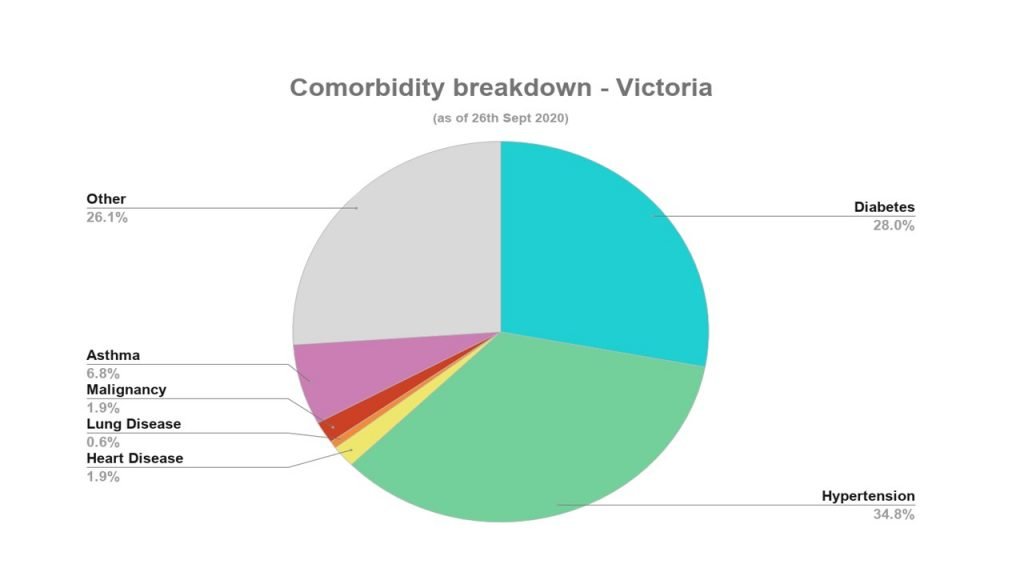
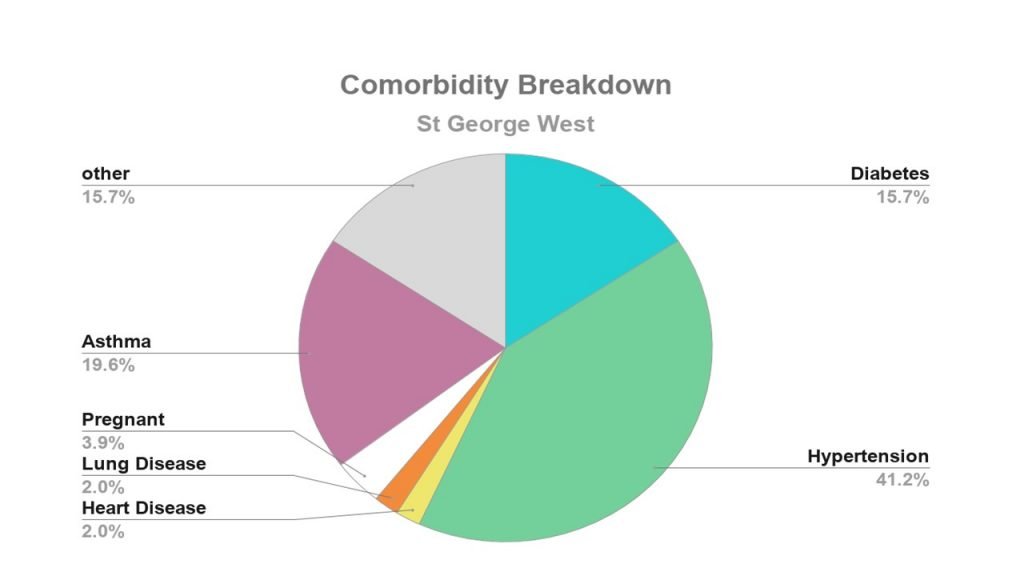


Comments
"Health Ministry: NCD emergencies spike during pandemic"